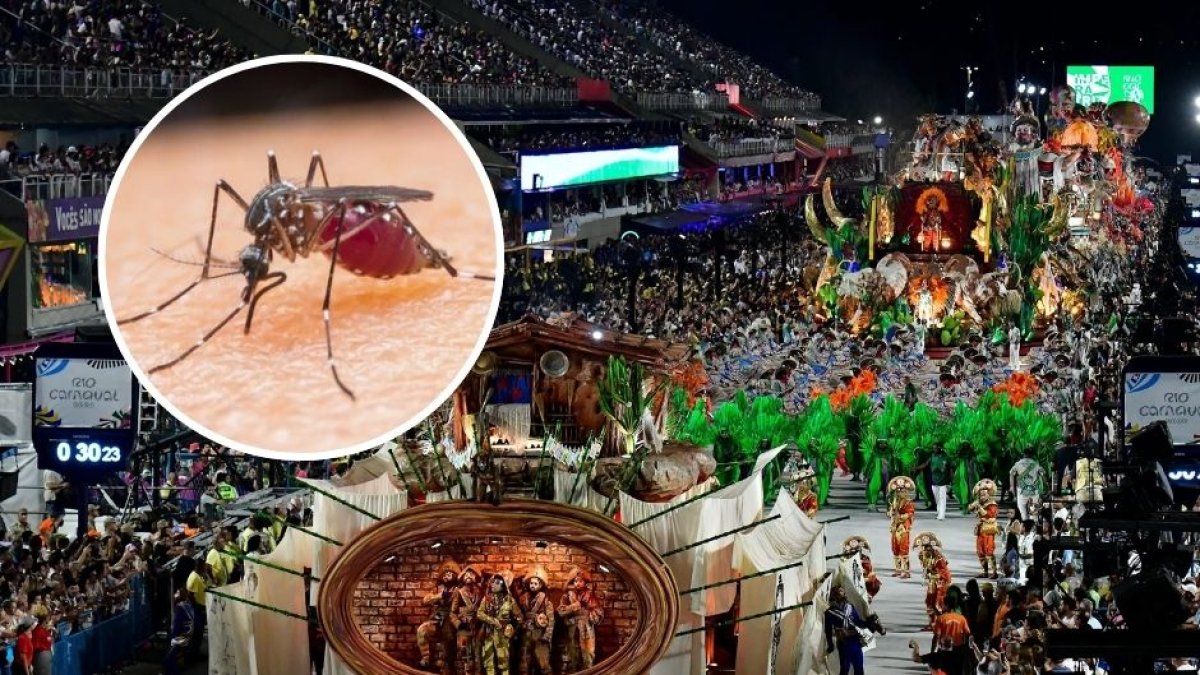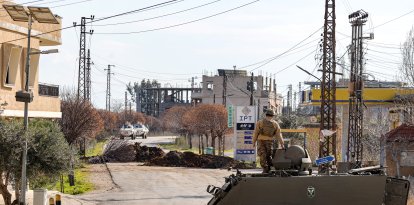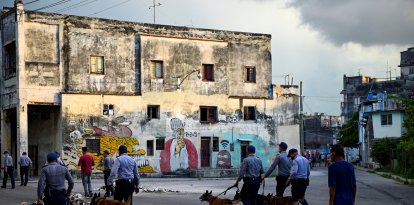Rio de Janeiro Carnival parade threatened by increase in confirmed cases of dengue
Local authorities promoted a series of measures to prevent the continued spread of the virus, including the installation of specific health centers.

(Voz Media-Cordon Press)
Authorities in Rio de Janeiro, Brazil, declared a state of public health emergency due to the increase in confirmed cases of dengue, a virus that already affects more than 10,000 residents of Brazil's most populous city. The measure occurs a few days before the beginning of Carnival, which will be celebrated between Feb. 9 and 12 and which will bring together millions of people in the streets.
The Rio de Janeiro City Council promoted a series of measures to stop the spread of dengue fever among the population and affect the Carnival celebration. One of these initiatives was the opening of several care centers for infected patients, as explained by the Municipal Health Secretary Daniel Soranz:
These statements were backed by Health Minister Nísia Trindade, who assured that the installation of these centers will help block the spread of dengue:
The city reported that the dengue infection rate in Rio de Janeiro has already reached 160.68 cases per 100,000 inhabitants. Across Brazil, 243,700 infections have been confirmed, with 24 deaths already recorded.
Mosquitoes behind the spread
To prevent the spread of the virus, authorities urged that rules be applied in different spaces, both public and private. One of these places is cemeteries of Rio de Janeiro, where a series of instructions must be followed to "avoid the proliferation of mosquitoes," which transmit dengue.
These insects are found in humid areas, so cemetery administrators must carry out inspections and dry elements that contain water as quickly as possible, according to the Conservation Secretary Marco Aurelio Regalo de Oliveira:

























